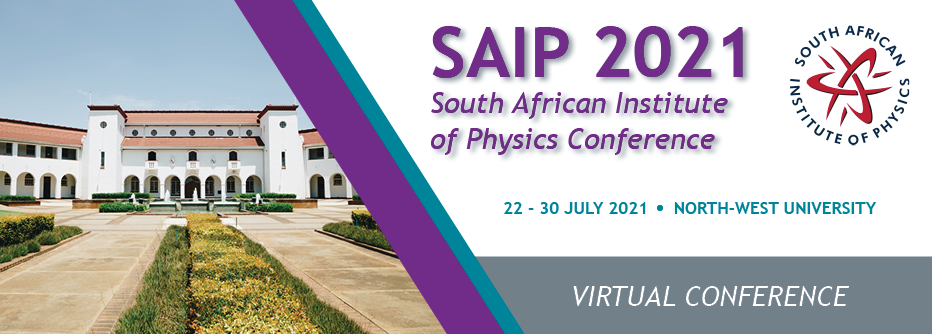Speaker
Description
When utilizing semi-supervised techniques in training machine learning models in the search for bosons at ATLAS, the overtraining of the model must be investigated. In particle physics internal fluctuations of the phase space and bias in training can cause semi-supervised models to label false signals within the phase space due to overfitting. The issue of false signal generation in semi-supervised models has not been fully analyzed and therefore utilizing a toy Monte Carlo model, the probability of such situations occurring can be quantified. This investigation of Zgamma resonances is performed using a pure background Monte Carlo sample. Through unique pure background samples extracted to mimic ATLAS data in a background-plus-signal region, multiple runs enable the probability of these fake signals occurring due to overtraining to be thoroughly investigated.
Apply to be considered for a student ; award (Yes / No)?
Yes
Level for award;(Hons, MSc, PhD, N/A)?
PhD

